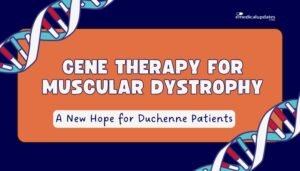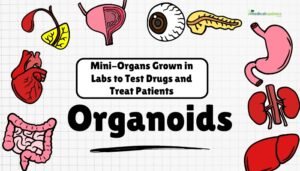Gene Therapy for Muscular Dystrophy: A New Hope for Duchenne Patients
Introduction Duchenne Muscular Dystrophy (DMD) is a debilitating genetic disorder characterized by progressive muscle weakness, eventual loss of mobility, and premature mortality. Caused by mutations in the dystrophin gene on the X chromosome, DM...
Read MoreOrganoids: Mini-Organs Grown in Labs to Test Drugs and Treat Patients
Introduction Across the globe, scientists are developing “mini-organs” known as organoids—three-dimensional clusters of cells that replicate key structural and functional aspects of real human organs. By mimicking organs like the brain, liv...
Read MoreBionic Pancreas Device: New Tech to Automate Blood Sugar Control in Diabetes
Introduction Diabetes affects hundreds of millions of people worldwide, requiring continuous monitoring of blood sugar (glucose) levels and careful balancing of insulin, diet, and physical activity. For those with type 1 diabetes, especially, dai...
Read MoreRett Syndrome Treatment: First-Ever Drug Approved for This Rare Disorder
Introduction Rett syndrome is a rare neurodevelopmental disorder that primarily affects females, causing progressive loss of motor skills and speech abilities after a period of normal development. Families often notice that their child begins to ...
Read MoreNew Antibiotic Class Discovered: Hope for Beating Superbug Infections
Introduction Drug-resistant bacteria, often called “superbugs,” have become a critical public health threat. Each year, more pathogens evolve resistance to existing antibiotics, forcing physicians to rely on dwindling options to treat serious...
Read More




